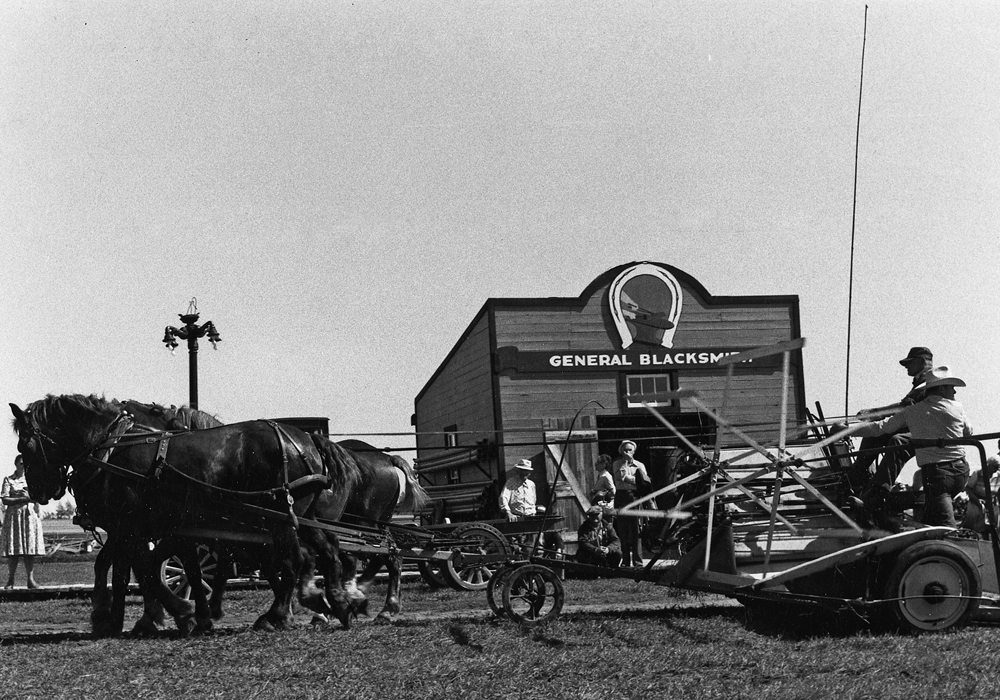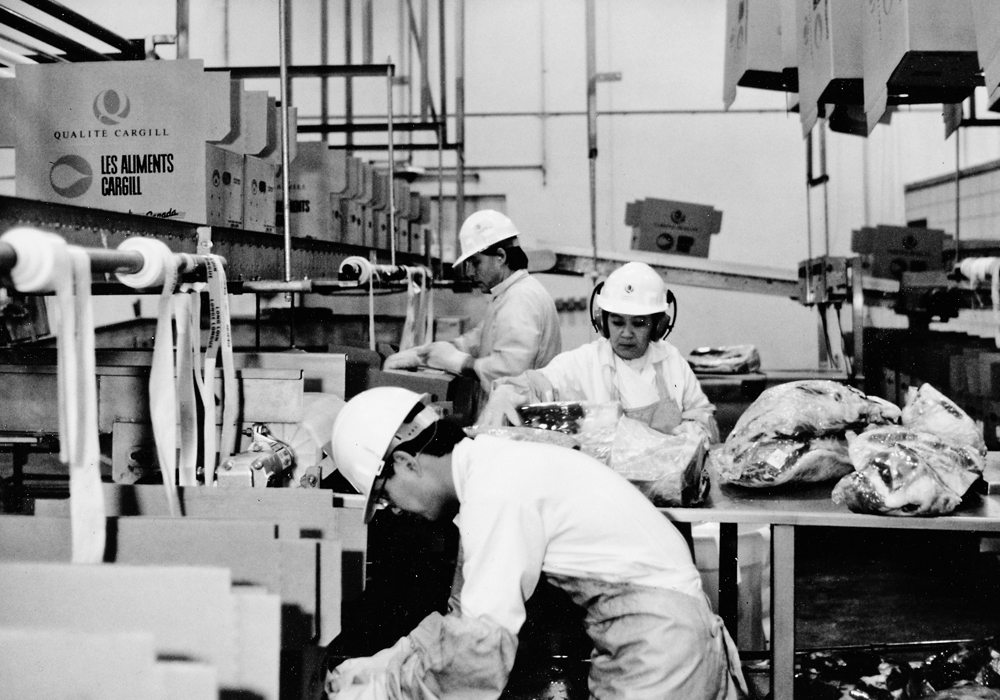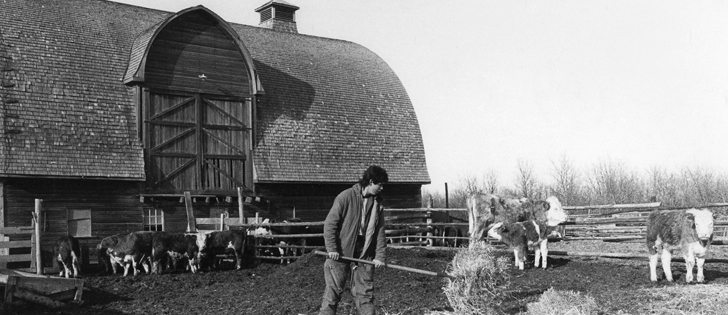The Western Producer takes a weekly look at some of the stories that made headlines in issues of the paper from 75, 50, 25 and 10 years ago.
75 years ago: Nov. 20, 1941
John MacNicol, a Conservative MP from Toronto, argued in the House of Commons for the speedy development of the Athabaska tar sands as a major wartime source of oil for the British empire. MacNicol had just returned from a tour of northwestern Alberta.
Canada’s meat consumption increased by four percent from 1939 to 122.8 pounds per capita in 1940. The higher consumption was due to consumers’ increased purchasing power.
Read Also

Budget seen as fairly solid, but worrying cracks appear
The reaction from the agriculture industry to prime minister Mark Carney’s first budget handed down November 4th has been largely positive.
50 years ago: Nov. 17, 1966
Saskatchewan Wheat Pool delegates demanded higher wheat prices at the organization’s annual meeting. They wanted the International Wheat Agreement renegotiated, a domestic wheat price tied to cost of production and a federal investigation into “farm income with regard to the higher cost of production and cost of living.”
Ottawa announced in the same week that it was negotiating to reconvene the International Wheat Agreement to talk about raising prices.
Sask Pool delegates also defeated a resolution that called for a farmer buyers’ strike as a way to bring about price, profit and wage controls. The strike would have seen farmers refuse to buy any manufactured items, such as combines, trucks, cars or television sets, for a year, with the exception of necessary essentials.
25 years: Nov. 21, 1991
West Coast grain terminals planned to operate 24 hours a day, seven days a week in the new year as a way to achieve greater productivity and higher revenues. The move was also expected to make the Canadian terminals more competitive with their American counterparts.
Canadian Wheat Board chief commissioner Lorne Hahn said producers would have to build new handling facilities at the West Coast if they didn’t want their grain to be shipped through U.S. ports. Hehn fielded tough questions from Sask Pool delegates who warned that the wheat board’s recently announced plan to ship grain through Seattle would raise costs, threaten quality control, reduce Canadian jobs and lose business for farmer-owned terminals.
10 years ago: Nov. 16, 2006
The Manitoba government stunned producers by slamming the brakes on hog production growth in the province. The surprise move banned new applications for new or expanded hog barns. The government said such a move was necessary to protect the province’s waterways.
Sask Pool made a $1-billion offer for Agricore United, but the company was resisting. AU described the bid as “hostile” and urged shareholders not to sell. The deal eventually went ahead, and Viterra was born.















